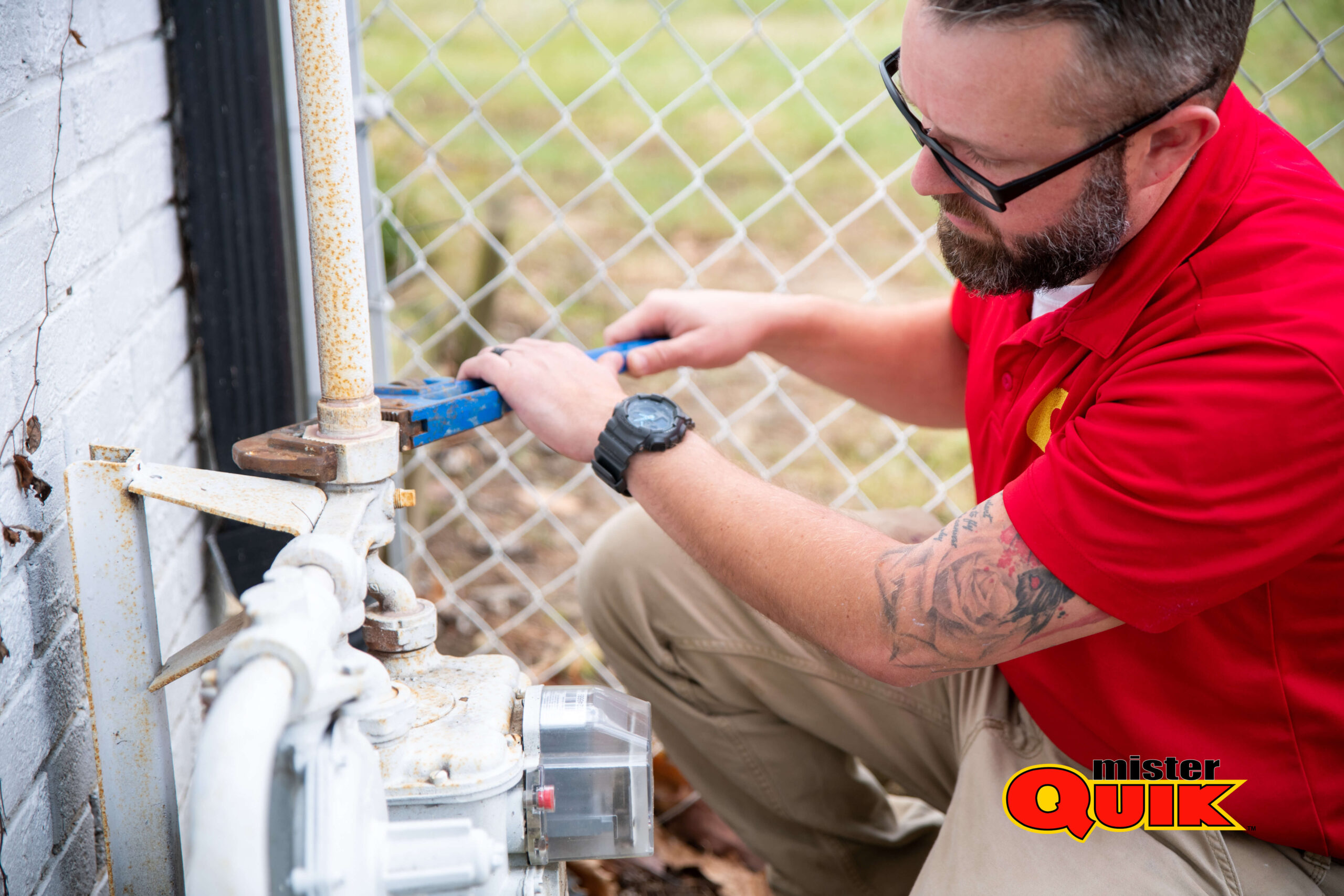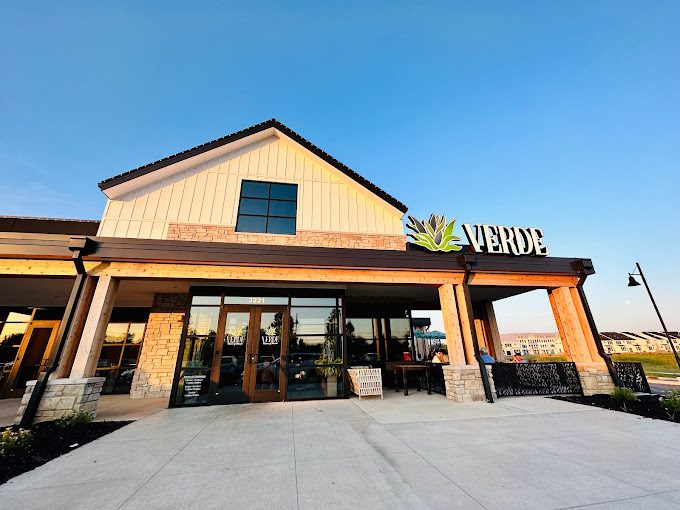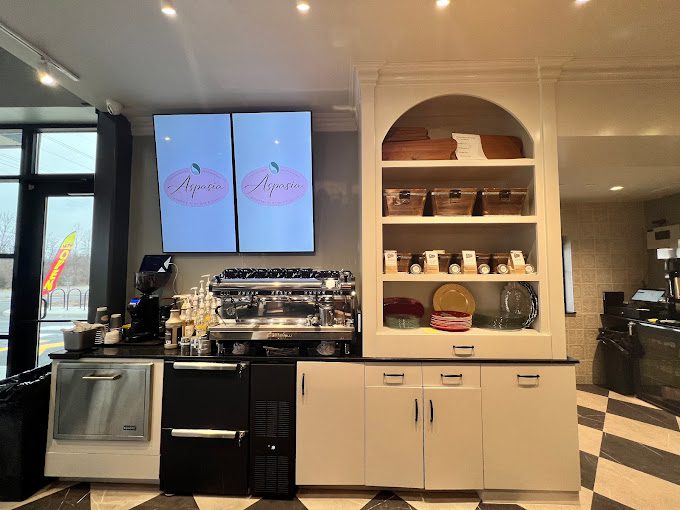Zionsville Gas Line Repair

Zionsville Gas Line Repair
Your home in Zionsville is your haven, a place of comfort and safety. Natural gas appliances like furnaces and water heaters can add warmth and convenience, but they rely on a safe and well-maintained gas line system. If you suspect a gas leak or need repairs to your existing gas lines, it’s crucial to find a qualified and experienced plumber in Zionsville for gas line repair.
Signs of a Gas Leak:
Natural gas is odorless, but for safety reasons, a harmless chemical is added to give it a distinctive rotten egg smell. If you notice any of the following signs in your Zionsville home, it’s important to act quickly:
- A strong odor of rotten eggs: This is the most common sign of a gas leak.
- Hissing or whistling sounds: These noises can indicate escaping gas.
- Dead or dying plants: Unexplained wilting or dying indoor plants near gas lines could be a sign of a leak.
- Trouble lighting gas appliances: If your gas appliances are slow to light or have yellow flames instead of blue, it could be a gas pressure issue or a leak.
What to Do if You Suspect a Gas Leak:
If you suspect a gas leak in your Zionsville home, leave the area immediately and avoid using any electronics or switches. Open all windows and doors to ventilate the space. From a safe location outside, call 911 and your local gas utility company to report the leak. Do not attempt to fix the leak yourself.
Finding a Qualified Zionsville Gas Line Repair Plumber:
Once the immediate danger is addressed, it’s important to find a qualified and licensed plumber to repair your gas line. Here are some tips for finding a reputable plumber in Zionsville:
- Ask for recommendations: Talk to friends, neighbors, or your local hardware store for recommendations.
- Check online reviews: Read online reviews of local plumbers to get a sense of their experience and customer service.
- Verify licensing and insurance: Ensure the plumber is licensed and insured to perform gas line work in Zionsville.
- Get quotes: Contact several plumbers and get quotes for the repair work. Be sure to ask about their experience with gas line repairs and the specific steps they will take to fix the problem.
Remember: Gas line repairs should only be performed by qualified and licensed professionals. By taking the time to find a reputable plumber and addressing gas leaks promptly, you can help keep your Zionsville home safe and comfortable for you and your family.
Moen Delta Faucets Kohler American Standard Toto Mansfield Plumbing Price Pfister Peerless Lochinvar Rinnai Navien Grohe Speakman Gerber Whirlpool Easywater AO Smith Rheem Bradford White Culligan Kinetico Sterling Brizo Gastite Zoeller Glentronics Zurn Grundfos Pumps Blanco Bocchi Bradley Company Brasscraft Manufacturing Company Kerox, Ltd. Dornbracht Americas Inc. Falcon Water Technologies, LLC Fisher Manufacturing Company Fluidmaster, Inc. Hansgrohe, Inc. Haws Corporation LAUFEN Schweiz AG Lavelle Industries, Inc. LIXIL LSP Products Group LLC Marcone Plumbing Masco Corporation Neoperl, Inc. Reliance Worldwide Corporation Sloan Valve Company Sprite Industries T&S Brass and Bronze Works, Inc. Uponor Viega LLC Water Pik, Inc. WCM Industries, Inc.
Axor Decolav Dreamline Showers DXV Fairmont Design Fortis Franke Geberit Plumbing Ginger Graff HydroSystems Infinity Drains In-Sink-Erator Jacuzzi James Martin LinkaSink MTI Native Trails Newport Brass PROFLO Rohl Signature Hardware Strasser Swanstone Thompson Traders Watermark Zucchetti Alfi ANZZI Altair AquaPure Avanity Avano Azzuri Bella CORE Bemis Brondell CRAFT + MAIN California Faucets Chicago Faucets Clarke Cutler Kitchen and Bath Duravit EAGO Eccotemp Eemax Fresca Giagni Houzer Jones Stephens Kaldewei Kingston BrassKraus Liberty Pumps Little Giant MediTub Nameeks OVE Decors Pulse Purewater Baths Sagehill Designs Saniflo Stiebel Eltron Swiss Madison Symmons Ultra Faucets VIGO WS Bath Collections Waste King Watts Whitehaus
Gas Line Installation
Natural gas is a convenient and efficient way to power your home appliances, from your cozy furnace in winter to your dependable water heater year-round. But like any system in your home, gas lines can develop problems over time. If you suspect a gas leak in your Zionsville home, it’s crucial to address the issue promptly and safely.
A strong odor of rotten eggs:
Natural gas has no inherent smell, but a harmless odorant is added to help with detection.
Hissing or whistling sounds:
These noises can indicate escaping gas from a damaged line.
Dead or dying plants near gas lines:
Gas leaks can deprive nearby vegetation of oxygen, causing them to wilt or die.
Increased gas bills:
Unexplained spikes in your gas bill might be a sign of a leak.
Don't turn on or off any lights or switches, as sparks could ignite the gas.
Open windows and doors to ventilate the area.
Call 911 from a safe location outside your home.
Don't attempt to fix the leak yourself. Leave it to a qualified and licensed professional.
Schedule regular inspections:
Having your gas lines inspected can help identify potential problems before they become serious.
Never tamper with gas lines:
Leave any work on gas lines to licensed plumbers.
Remodeling:
If you're planning any digging or remodeling projects in your home, be aware of the location of your gas lines and avoid damaging them.
The best gas line for a house is typically black steel or yellow CSST (Corrugated Stainless Steel Tubing). Black steel pipes are durable and have a long lifespan, making them suitable for both indoor and outdoor gas lines. On the other hand, CSST is flexible and easier to install, reducing labor costs. The choice between the two often depends on factors such as local building codes, the specific requirements of the gas system, and the preferences of the homeowner or installer. It’s crucial to consult with a professional to ensure compliance with safety standards and regulations when selecting and installing gas lines in a house.
The lifespan of home gas lines varies depending on factors such as the type of material used, environmental conditions, and maintenance. Generally, copper and brass gas lines can last 40-70 years, while galvanized steel pipes may have a lifespan of 20-50 years. However, corrosion and wear can occur over time, potentially shortening the lifespan. Regular inspections, maintenance, and adherence to safety guidelines are crucial for ensuring the longevity and safety of home gas lines. If signs of deterioration or damage are observed, it’s advisable to consult with a professional to assess and address any issues promptly.
Galvanized steel pipe is not recommended for gas lines because, over time, the galvanized coating can deteriorate and create internal corrosion. This corrosion can lead to the buildup of rust and debris inside the pipe, potentially causing blockages or restricting the flow of gas. Additionally, the corrosion process may weaken the pipe, increasing the risk of leaks or failures. It is safer and more appropriate to use materials specifically designed for gas lines, such as black iron or steel pipes that are coated for corrosion resistance and meet the necessary safety standards and codes.
Detecting a gas leak involves paying attention to distinct signs such as a rotten egg or sulfur-like smell, which is added to natural gas for easy detection. Additionally, hissing sounds near gas lines, dead vegetation in the vicinity, or visible damage to gas pipes are potential indicators. Feeling dizzy, nauseous, or experiencing respiratory issues can also be symptoms of a gas leak. If you suspect a gas leak, it’s crucial to leave the area immediately, avoid using electrical devices or open flames, and contact emergency services and your gas provider to address the issue promptly. Regularly installing gas detectors in your home is a proactive measure for early detection and safety.
Gas leak detectors are generally accurate and reliable tools for detecting the presence of gas leaks. The accuracy can vary depending on the type of detector and its technology. Portable handheld detectors and electronic devices commonly provide precise readings, especially when used according to the manufacturer’s instructions. However, like any tool, the accuracy can be affected by factors such as calibration, sensor sensitivity, and the presence of other substances in the environment. Regular calibration and proper maintenance are essential to ensure the ongoing accuracy of gas leak detectors, and professional-grade detectors used by experts in the field tend to offer high levels of precision.
Gas Pipeline for Home
For many Zionsville homes, natural gas plays a vital role in keeping us warm and comfortable, providing fuel for appliance
For many Zionsville homes, natural gas plays a vital role in keeping us warm and comfortable, providing fuel for appliances like furnaces, water heaters, and even stoves. But what about the hidden network of pipes that deliver this essential resource – the gas line?
Understanding Your Gas Line:
Your home’s gas line is a network of specialized pipes that transport natural gas from the main gas line located beneath the street to your appliances. These pipes are typically made of durable materials like steel or copper, and they’re installed underground or within the walls of your home.
s like furnaces, water heaters, and even stoves. But what about the hidden network of pipes that deliver this essential resource – the gas line?


For many Zionsville homes, natural gas plays a vital role in keeping us warm and comfortable, providing fuel for appliances like furnaces, water heaters, and
Natural gas is a safe and efficient fuel source when properly maintained, but like any system, gas lines require proper care and attention to ensure safety and functionality. Here are some key points to remember:
- Never attempt to repair a gas line yourself. Gas lines require specialized knowledge and training to work safely. Always call a licensed and qualified Zionsville plumber for any gas line repairs or concerns.
- Be aware of the signs of a gas leak. These can include a strong odor similar to rotten eggs, hissing sounds near gas lines, discolored flames on gas appliances, or unexplained nausea or dizziness. If you suspect a gas leak, immediately evacuate your home and call 911 from a safe location.
Schedule regular gas line inspections. A qualified Zionsville plumber can inspect your gas lines for any signs of damage, corrosion, or leaks, helping to prevent potential problems before they arise. even stoves. But what about the hidden network of pipes that deliver this essential resource – the gas line?
Understanding Your Gas Line:
Your home’s gas line is a network of specialized pipes that transport natural gas from the main gas line located beneath the street to your appliances. These pipes are typically made of durable materials like steel or copper, and they’re installed underground or within the walls of your home.
- Know the location of your gas shutoff valve. This valve allows you to shut off the gas supply to your home in case of an emergency. Familiarize yourself with its location and operation, but remember to only turn it off as a last resort after evacuating and calling 911.
- Never store flammable materials near gas lines or appliances. This includes items like gasoline, paint thinner, and aerosol cans.
If you’re planning any renovations or construction projects in your home, be sure to contact your local gas utility company before starting work. They can advise you on the location of underground gas lines and any necessary precautions to take.
When to Replace Gas Line
Natural gas is a convenient and efficient way to power your home, but it’s crucial to remember it’s also flammable. Keeping your gas lines in good condition is essential for safety and peace of mind.
This guide will help you understand when it might be time to consider Zionsville gas line repair or replacement.
Signs You Might Need Zionsville Gas Line Repair:


Natural gas is odorless, but utility companies add a distinctive smell similar to rotten eggs for safety reasons. If you detect this odor in your home, evacuate immediately and call 911 from a safe location. Don't turn on or off any lights or appliances, as even a spark can ignite a gas leak.


Hissing sounds coming from your gas lines could indicate a leak. This is a serious issue and requires immediate attention from a licensed Zionsville gas line repair professional.


If you see any cracks, rust, or other signs of damage on your gas lines, don't attempt to repair them yourself. Contact a qualified plumber for an inspection and discuss repair or replacement options.
Gas Leak Symptoms
Keeping your home safe and comfortable is a top priority, and that includes being aware of potential gas leaks. Natural gas is a convenient source of energy for many Zionsville homes, but it’s important to remember that it’s also odorless and colorless. To help keep your family safe, it’s crucial to know the signs and symptoms of a gas leak.
1. Signs of a Gas Leak:
- The rotten egg smell: This is the most common sign of a gas leak, thanks to an odorant called mercaptan added to natural gas. If you smell something like rotten eggs in your home, even faintly, it’s important to take action immediately.
- Hissing or whistling sounds: These sounds can indicate gas escaping from a pipe or appliance. Pay attention to any unusual noises coming from your gas appliances or around gas lines.
- Dead or dying plants: While there can be many reasons for wilting plants if you notice your houseplants or those near gas lines are suddenly dying, it could be a sign of a gas leak.
- Changes in flame color: The pilot light on your gas appliances should burn blue. If the flame is yellow or flickering, it could indicate a gas leak or an issue with the appliance itself.
- Bubbles in water: If you see bubbles forming in puddles of water near gas lines, it could be a sign of gas leaking underground.
2. Symptoms of Gas Poisoning:
- Headaches: This is a common symptom of gas exposure, especially at low levels.
- Dizziness or lightheadedness: Feeling dizzy or off-balance could be a sign of gas poisoning.
- Nausea and vomiting: These symptoms can occur with gas exposure, especially at higher levels.
- Eye and throat irritation: If you experience burning or itching in your eyes or throat, it could be a sign of gas exposure.
- Fatigue: Feeling unusually tired or sluggish could be a symptom of gas poisoning.
- Difficulty breathing: This is a serious symptom and requires immediate medical attention.
3. What to Do if You Suspect a Gas Leak:
- Evacuate the house immediately: Get everyone out of the house and stay out until it’s safe to return.
- Turn off the gas supply: Locate the gas meter and turn the main valve to the “off” position.
- Do not turn on lights or switches: Sparks can ignite gas, so avoid using any electrical appliances or turning on lights.
- Call 911: Once everyone is safely out of the house, call 911 immediately to report the gas leak.
- Do not re-enter the house: Wait for a qualified professional to confirm the leak is fixed and the area is safe before re-entering your home.
Gas Leak Detection
Natural gas is a convenient and efficient way to power your home appliances, but it’s important to remember that it’s also flammable. A gas leak can be a serious safety hazard, so knowing how to detect one is crucial for any homeowner in Zionsville.
Corrosion:
Over time, pipes can rust and deteriorate, creating small cracks or holes.
Damage:
Accidental bumps or forceful impacts can damage gas lines.
Improper installation:
Faulty installation of gas lines or appliances can lead to leaks.
Loose connections:
Fittings or joints that haven't been properly tightened can allow gas to escape.
The smell of rotten eggs:
This is the most common sign of a gas leak.
Hissing or whistling sounds:
These noises can indicate escaping gas.
Dead or dying plants:
Gas leaks can deprive plants of oxygen, causing them to wilt or die.
Bubbles in water:
If you see bubbles forming in standing water near a gas line, it could be a sign of a leak.
Unexplained headaches, nausea, or
Dizziness:
These symptoms can occur if you're exposed to low levels of gas for an extended period.
Evacuate your home immediately:
Take everyone out of the house and stay outside until it's safe to return.
Turn off the gas supply:
Locate the gas meter outside your home and use the shut-off valve to turn off the gas supply.
Call 911:
Once you're safely outside, call the emergency services immediately.
Remember: By taking these precautions and being aware of the signs of a gas leak, you can help keep your Zionsville home safe for you and your family.
Troubleshoot Checklist:
- Evacuate everyone from the building immediately.
- Call 911 from a safe location outside.
- Smell:Check for a strong odor of rotten eggs, a common sign of a gas leak.
- Sound:Listen for hissing or whistling noises near gas lines or appliances.
Look for any signs of:
- Damage: Cracks, rust, or holes in the gas line.
- Loose connections: Fittings or joints that are not properly tightened.
- Turn off and unplug all gas appliances.
- Visually inspect for any damage or signs of malfunction.
- Once the leak is identified or suspected, contact a qualified gas line professional for repair.
- Do not attempt to fix the leak yourself.











